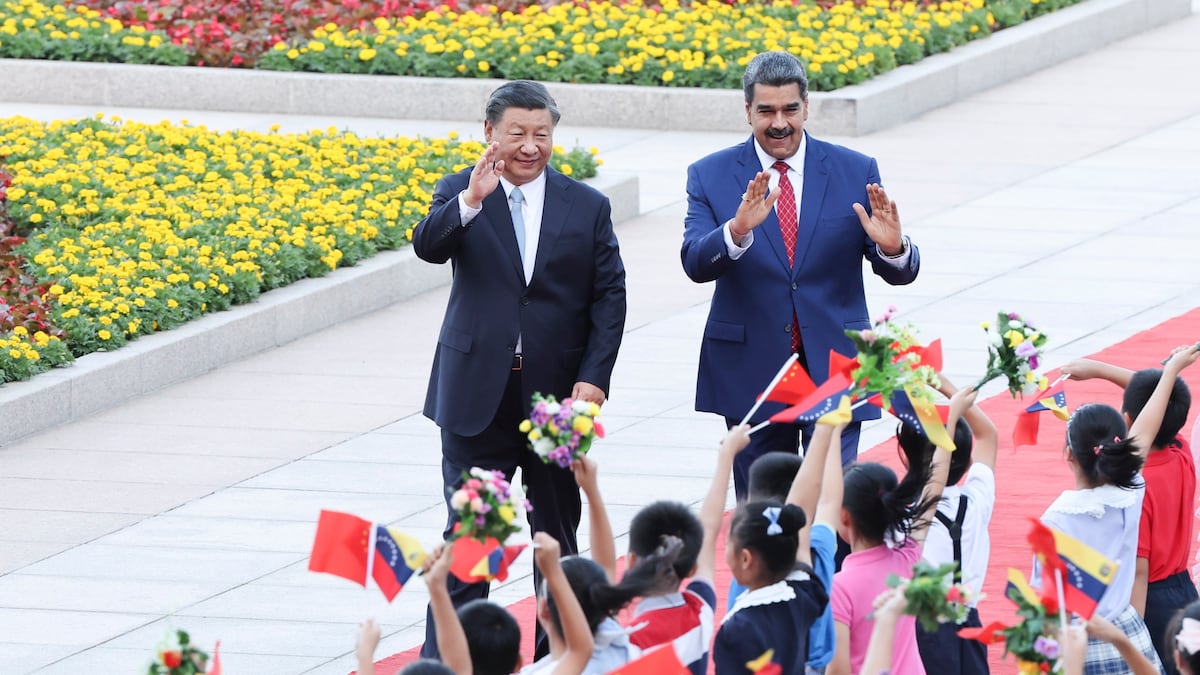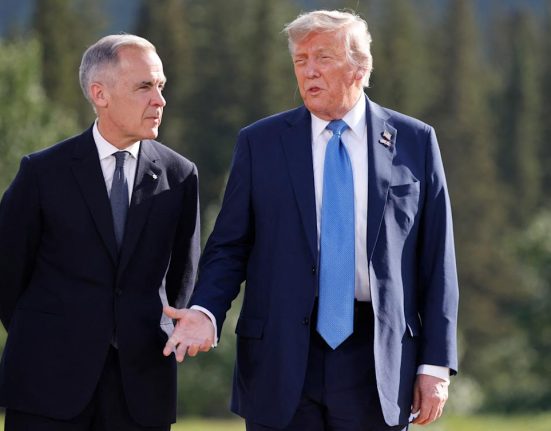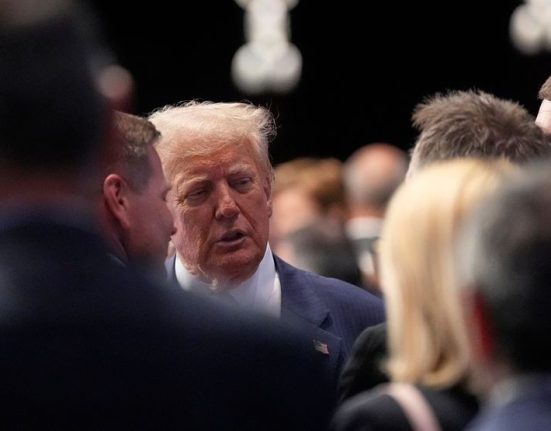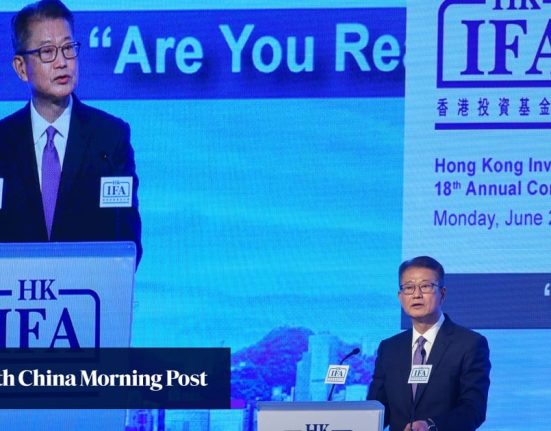Several weeks ago, Venezuelan President Nicolás Maduro received five delegates from the Communist Party of China (CPC) at the Miraflores Palace to continue advancing one of the many areas of mutual interest shared by the two countries. On this occasion, the focus was on “an inter-party work agenda” between the visiting delegation and leaders of the ruling United Socialist Party of Venezuela (PSUV), which included doctrinal training content for party members.
Venezuelan Foreign Minister Yván Gil said that the bilateral meeting, of a political nature, represents “a significant step forward in the joint roadmap aimed at building societies, with the goal of building societies based on social justice and promoting a new international order.”
The CPC-PSUV meeting followed the China-Community of Latin American and Caribbean States (CELAC) summit held in Beijing in May, where Chinese President Xi Jinping promised his Latin American counterparts agreements on energy, industrialization, and trade amid the ongoing trade war with the United States.
Maduro and Xi Jinping have prioritized their political commonalities. They had already held a bilateral meeting in Moscow, exchanging praise and promises of cooperation. Governments of both countries reported that over 600 bilateral agreements are planned for 2025. This cooperation spans areas such as science and technology, investment promotion, and agricultural development.
Venezuela places great importance on its relations with China, a geopolitical ally that has often made a difference in support of the Bolivarian revolution during times of crisis. This is especially true now, as Chavismo faces declining political credibility amid the country’s ongoing crisis and allegations of fraud in the 2024 presidential elections.
Venezuelan Vice President Delcy Rodríguez and lawmaker Nicolás Maduro Guerra — son of Nicolás Maduro — are among the officials responsible for continuing this new phase of Venezuela’s relations with China, a venture that has faced several economic setbacks in the past.
Specifically, interest within the Chavista ruling party in the “Chinese model,” which was not widely embraced during Hugo Chávez’s time, has grown significantly among its leaders, particularly after the country’s economic collapse in the previous decade. Maduro Guerra has already visited China several times this year.
What seems unlikely, according to the majority of economists and consultants, is that China will resume the generous development credit lines it once extended to Venezuela, which became especially significant after a 2008 Caracas meeting between Hugo Chávez and then-Chinese president Hu Jintao.
But since then, the multimillion-dollar funds that China invested in Venezuela to finance development projects — known as the “Chinese Fund” — have been managed wastefully and chaotically by Venezuelan public management, contributing substantially to the ensuing economic chaos. A significant portion of these projects, like others signed by Chávez’s government with allied countries, were never completed.
This situation upset the Chinese government, which has lodged several complaints with Caracas over the years. Through this revolving fund, Venezuela enjoyed favorable conditions to pursue its development plans. The peak of disorder occurred in 2012, the year Chávez was re-elected just months before his death, a period many economists identify as the epicenter of Venezuela’s currency chaos. Chinese disbursements ended in 2015, during the height of the hyperinflation crisis.
Venezuela had become China’s most important debtor, managing 45% of the funds allocated by Beijing to the entire Latin American region, according to data from the China-America Research Center of the Andrés Bello Foundation. The Venezuelan experience, along with similar cases from the developing world, led China to review its international credit policies.
The restructuring process of Venezuela’s debt payments to China has been developing in recent years. “I would be very surprised if the agreements announced with China include disbursements of funds through a credit line,” says Parsidal D’Sola Alvarado, director of the China-America Research Center.
D’Sola believes that, regarding Venezuela, the Chinese will mainly focus on what are called Special Economic Zones (SEZs) — geographically defined areas with tax incentives to promote investment and economic development. Interest in SEZs was mentioned by Xi Jinping himself in a meeting with Maduro.
“The current form of trade between Venezuela and China is centered on purchases and acquisitions,” adds D’Sola. “Special Economic Zones have a simple structure, don’t require much money, and are included in regulatory contracts with the government. They are productive contracts that employ very cheap national labor and allow the Chinese to do things on their terms.”
There also appear to be no major plans for the energy sector, despite Venezuela’s many urgent needs and ongoing political efforts with its allies in that area.
“The chances of Chinese investment in Venezuelan oil are slim,” estimates Francisco Monaldi, an economist and oil expert. “China National Petroleum Corporation [CNPC], the state-owned company in Venezuela, has received many offers from PDVSA to invest in new fields but has declined. There have been disagreements in the past, as well as delays in payments from PDVSA. Some Chinese service companies are operating in the country. It’s possible they could invest somewhat because they handle part of Venezuela’s black market exports.”
For now, it is neighboring Guyana, according to various sources, that is the priority for Chinese business investment in the oil sector.
Sign up for our weekly newsletter to get more English-language news coverage from EL PAÍS USA Edition







